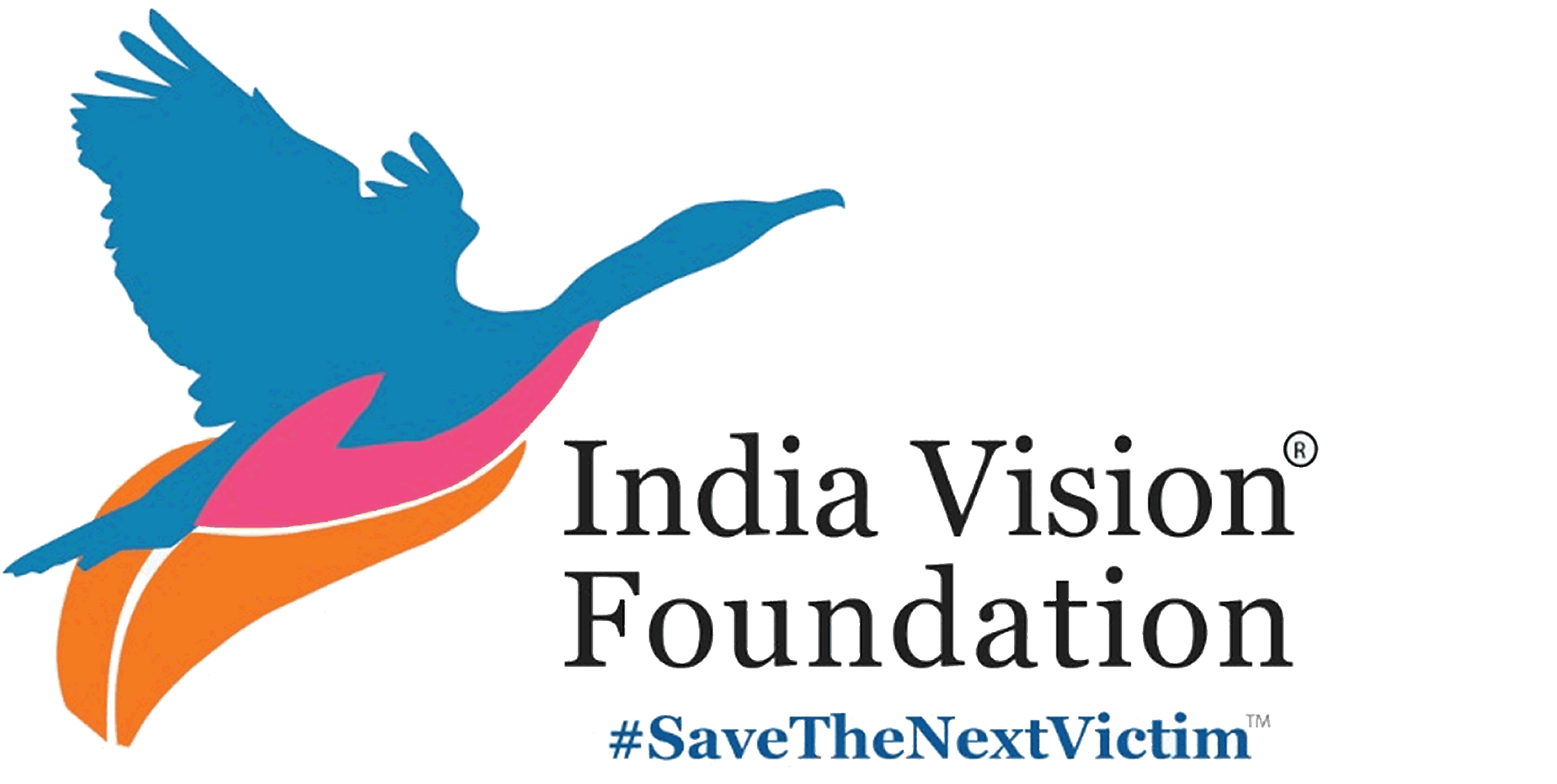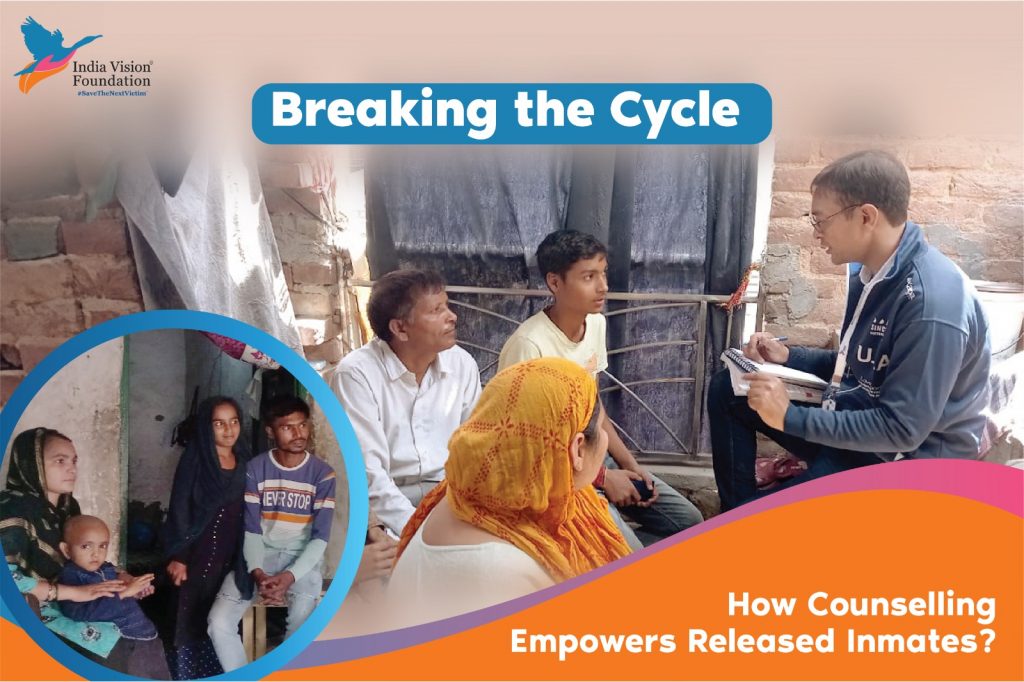Here, In this journey toward rehabilitation, counselling plays a pivotal role in empowering individuals to break the cycle of recidivism and build a brighter future.
The Vicious Cycle of Recidivism:
Recidivism, or the tendency for released inmates to re-offend and return to prison, is a pervasive issue in the criminal justice system. The reasons behind this phenomenon are complex and multifaceted, ranging from a lack of social support and education to mental health issues and substance abuse. Breaking free from this cycle requires addressing the root causes and providing individuals with the necessary tools to navigate the challenges that await them outside prison walls.
The Role of Counseling in Rehabilitation:
Counselling serves as a cornerstone in the rehabilitation process, offering released inmates a structured and supportive environment to confront their past, address underlying issues, How Counseling Empowers Released Inmates and develop essential life skills.
It goes beyond traditional therapy, encompassing various modalities such as cognitive-behavioural therapy, group counselling, and vocational counselling to address the diverse needs of the population.
1) Addressing Trauma and Mental Health: Many inmates have experienced trauma, whether during their time in prison or in their pre-incarceration lives. Counselling provides a safe space for individuals to explore and process these traumatic experiences, helping them develop coping mechanisms and resilience. Mental health support is crucial, as untreated conditions often contribute to criminal behaviour.
The discussion: In-depth trauma-informed counselling helps individuals identify triggers, manage emotional responses, and reframe their perspectives.
By acknowledging and addressing past traumas, individuals can take significant strides toward healing and minimizing the risk of reverting to destructive coping mechanisms.
2) Building Self-Esteem and Confidence: Released inmates often face a crisis of identity and self-worth. Counseling interventions focus on rebuilding self-esteem and confidence, assisting individuals in recognizing their inherent value and potential. By fostering a positive self-image, counselling helps released inmates face the world with newfound strength and determination.
The discussion: Therapeutic techniques, such as positive affirmations, goal-setting exercises, and guided self-reflection, contribute to the reconstruction of self-esteem. Group counselling, where individuals can share their experiences and support one another, becomes a powerful tool for creating a positive and affirming community.
3) Developing Coping Strategies: Life outside prison can be overwhelming, and individuals may encounter triggers that challenge their commitment to change. Counselling equips them with effective coping strategies, teaching resilience in the face of adversity. Learning how to manage stress, handle conflicts, and make positive decisions are essential skills that contribute to a successful reintegration.
The discussion: Practical coping strategies, such as mindfulness exercises, anger management techniques, and problem-solving skills, are taught in counselling sessions. Interactive workshops provide opportunities for role-playing scenarios, allowing individuals to practice and reinforce these strategies in a controlled environment before facing real-world challenges.
4) Family and Social Reconnection: Many inmates experience strained relationships with family and friends during their incarceration. Counselling facilitates the rebuilding of these connections, providing a platform for open communication and reconciliation. Strong social support is a protective factor against recidivism, as a robust support network contributes to an individual’s successful reentry into society.
The discussion: Family counselling sessions offer a structured environment for communication, allowing both released inmates and their families to express concerns, set boundaries, and work towards rebuilding trust.
Social reintegration programs, including community events and support groups, provide released individuals with opportunities to establish new, positive connections.
5) Educational and Vocational Counseling: Lack of education and employment opportunities is a significant barrier to successful reintegration. Counselling focuses on educational and vocational guidance, assisting individuals in acquiring the skills and knowledge necessary to secure stable employment.
The discussion: Educational counselling addresses literacy issues, helps individuals earn GEDs or diplomas, and explores opportunities for higher education.
Vocational counselling involves career assessments, job readiness training, and collaboration with employers willing to provide second-chance employment, ensuring that individuals are equipped with the tools needed for economic stability.
Some final key elements:
- Interactive Q&A: To engage readers, include a section where they can submit questions related to the topic. This allows for personalised responses, fostering a sense of community and encouraging readers to actively participate in the conversation.
- Real-Life Success Stories: Integrate real-life success stories of individuals who have successfully broken the cycle through counselling. Include interviews, video testimonials, or interactive elements that allow readers to connect with these inspiring narratives.
- Interactive Self-Assessment Tools: Embed self-assessment tools that help readers reflect on their perceptions of released inmates and the rehabilitation process. This can include quizzes, surveys, or interactive scenarios that prompt users to consider the challenges faced by those reintegrating into society.
- Live Webinars and Expert Q&A Sessions: Schedule live webinars featuring experts in counselling, rehabilitation, and criminal justice. Allow readers to participate in real-time discussions and Q&A sessions, fostering a dynamic and engaging learning environment.
Here, we can say that breaking the cycle of recidivism is a collective responsibility that involves society, the criminal justice system, and the individuals seeking rehabilitation.
Counselling emerges as a powerful force in empowering released inmates to confront their past, address underlying issues, and build a foundation for a brighter future.
By exploring the multifaceted aspects of counselling and incorporating interactive elements, this article aims to inspire dialogue, challenge perceptions, and encourage active engagement in the ongoing effort to reshape the lives of released inmates.


